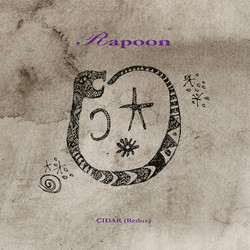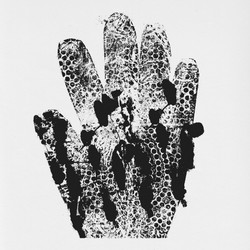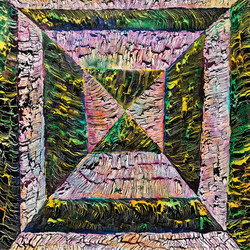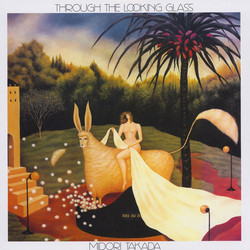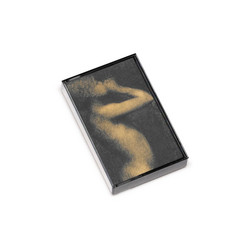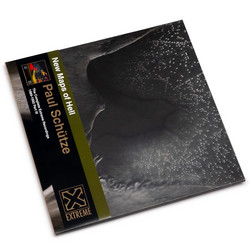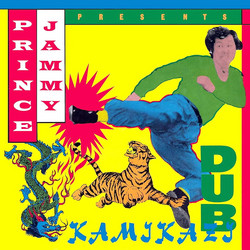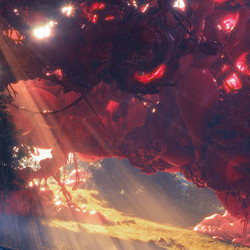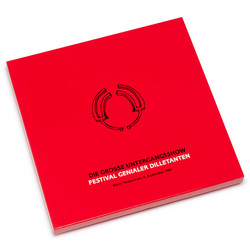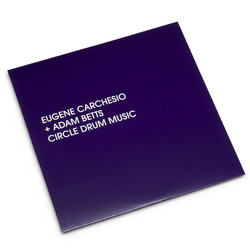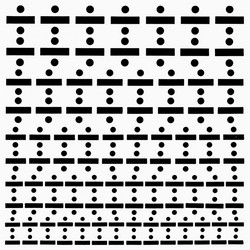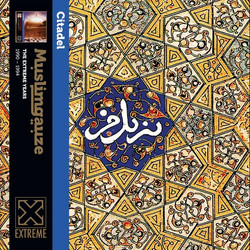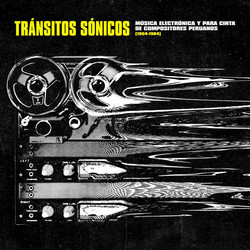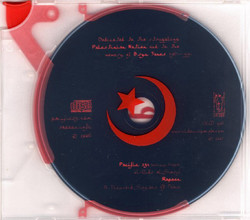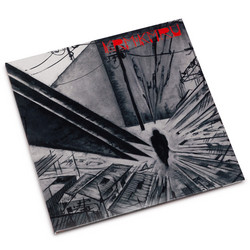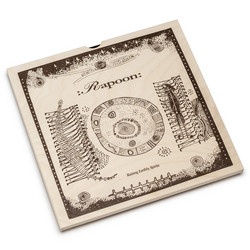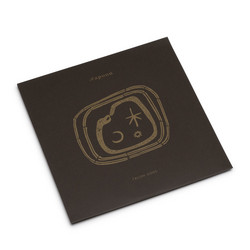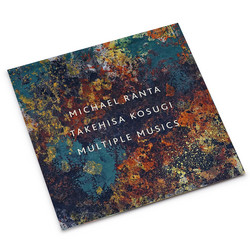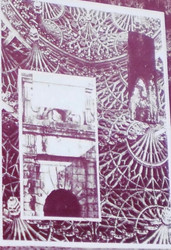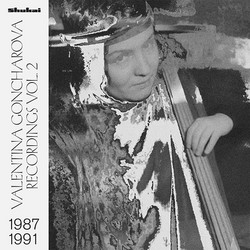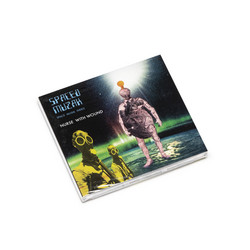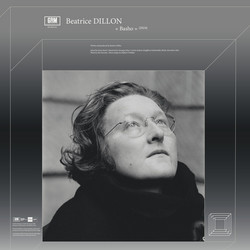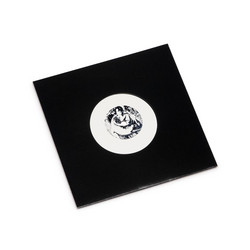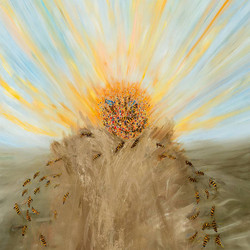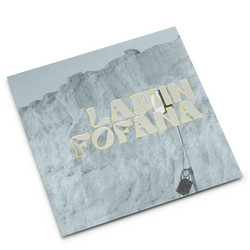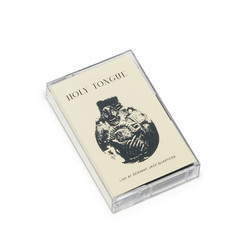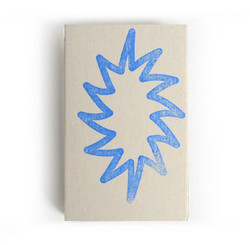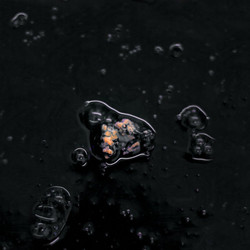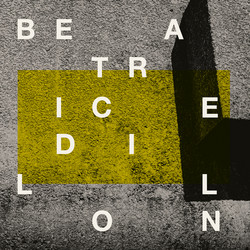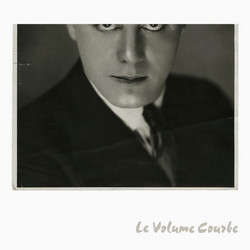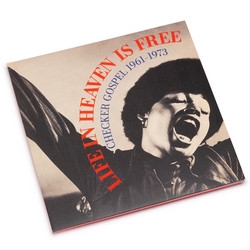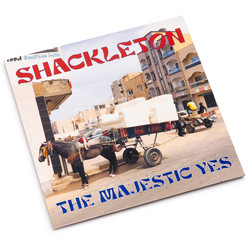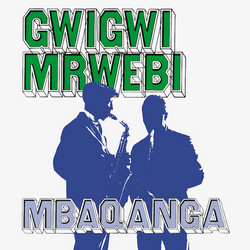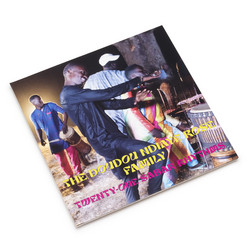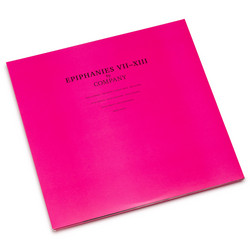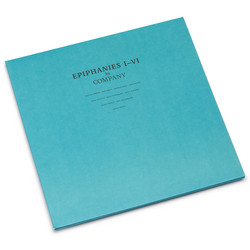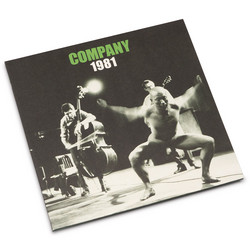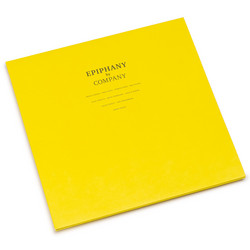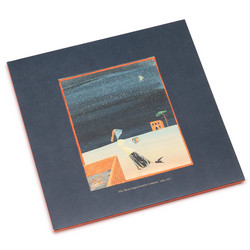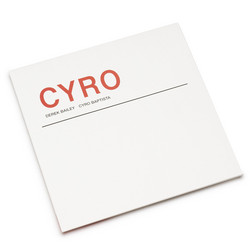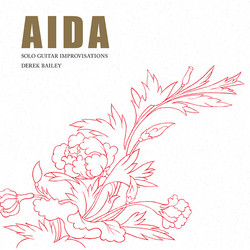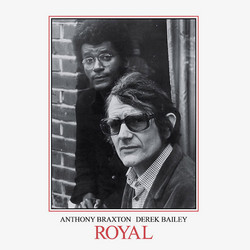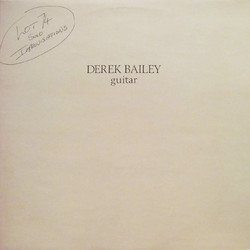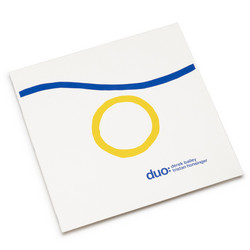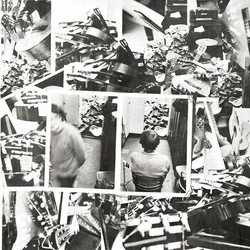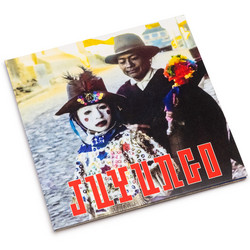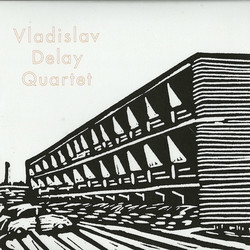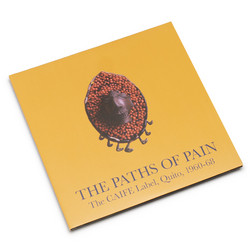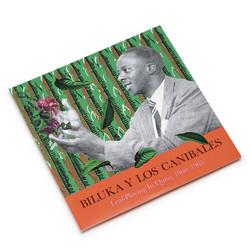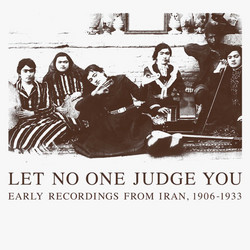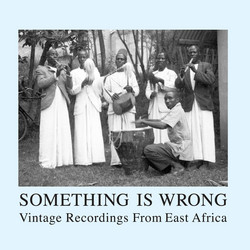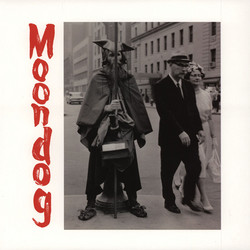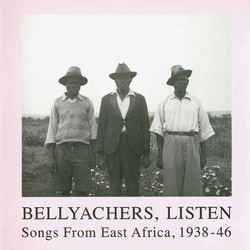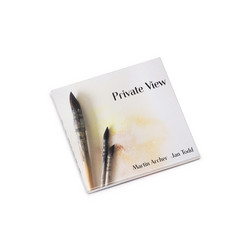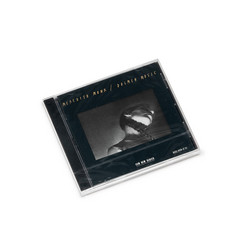Holy Tongue, Beatrice Dillon, Lamin Fofana
Labour (2x12")
Brewing since 2020, ‘Labour’ shells eight diffusions and variations on the deadly detonations of traditional mbalax drumming; a scintillating, traditional sound highlighted to the western world in recent years by Mark Ernestus’ work with the ensemble Jeri-Jeri on Ndagga. ‘Labour’ finds mbalax’s thunderous, rolling and swingeing percussion pulled in four distinct movements by a coterie of UK, Euro, and Afro-American artists who all share a rhythmic fascination from varying perspectives, and with incendiary results for discerning dancers and drum fiends who can hear the links to West African drumming disciplines strewn between ‘80s post-punk (23 Skidoo, On-U Sound, the Pop Group), ‘90s jungle, ‘00s post-techno and broken beat mutations, or 2010’s electro-dub deconstructions into 4th world ambient and experiments with rhythm.
The big one for us is the set’s most radical engagement with the style, where Beatrice Dillon carries the crafty conceptual energy and bodily-attuned results of her ‘Workaround’ album into the razor-cut chords and sinuous rhythmic grammar of ‘2020’ - whose title refers to her time in Senegal, recording with master drummers. Closer to the tradition, the Holy Tongue (Valentina Magaletti, Al Wootton, Susumu Yokai) versions go wild like a ‘phet-fuelled post-punk stepper on ‘Dey Say’, and wider, deeper in the echo chamber in consequent, hands-on dubs, while Sierre Leone/Guinea-originating, US-based contemporary pioneer Lamin Fofana - who introduced the world to Lotic on his Sci-Fi & Fantasy label - turns out driving and trippy acidic variants for the club.
It all comes back to root in extraordinary fashion on the two parts of ‘Etu Keur Gui’, featuring input by some 30 sabar drummers of Doudou Ndiaye Rose’s family distilled, computerised and electro-acoustically diffused in a spiralling 10 min excursion, and pared back to pure, fluid rhythmelody and slashing synth menace on its 2nd part.
